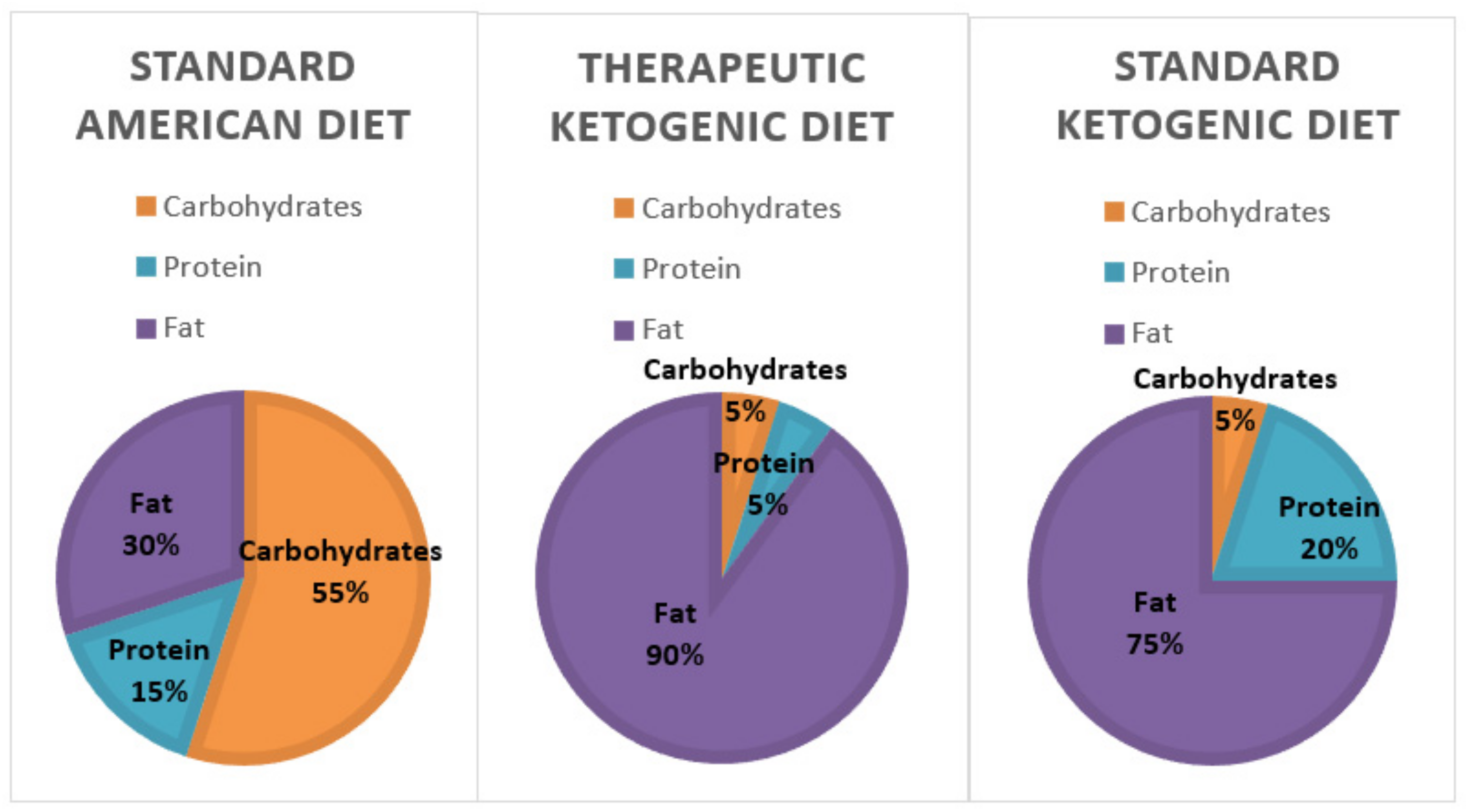Within today's fast-paced world, it is easy to become engulfed in the newest diet fads, each promising rapid results and a transformation overnight. Nonetheless, many of these trendy diets lack the enduring foundation needed for lasting change. Instead of jumping from one diet plan to another, it's essential to understand the various types of diets available and how they may fit into your lifestyle. This guide will help you explore the array of popular diet options and figure out which approach aligns best with your objectives and principles.
From the Mediterranean diet, celebrated by health professionals for its cardiovascular advantages, to the ever popular plant-based and vegan diets, understanding the pros and cons of each dietary approach can empower you to make knowledgeable choices. If you are looking to shed pounds, build muscle, or just improve your overall well-being, there is a diet that can accommodate your needs. Additionally, we will explore eco-friendly options that not only benefit your health but also contribute favorably to the planet. Join us as we delve into the world of diets, helping you get rid of the fad and embrace a sensible path towards health and well-being.
Trending Diet Types Summary
In the current health-conscious society, numerous diets have emerged, each promising unique benefits and outcomes. From view publisher site and the Paleolithic diet to the Mediterranean eating style, these choices often attract attention for their diverse claims regarding weight loss, health benefits, and lifestyle enhancements. Understanding the core principles of each diet type can assist you determine which matches most with your objectives and values.
The Keto diet centers on elevated fat and low carbohydrate intake, encouraging ketosis for weight loss. Conversely, the Paleolithic diet advocates a return to whole foods similar to those consumed by our forebears, emphasizing lean meats, fruits, and vegetables while removing processed foods. The Mediterranean-style diet, celebrated for its cardiovascular benefits, focuses on olive oil, whole grains, fish, and fresh produce, making it as a cornerstone among health professionals.
In addition to common diets for weight loss, there are lifestyle-oriented diets such as the vegetarian diet, veganism, and the flexible vegetarian approach, which balances plant-based eating with intermittent meat consumption. These diets often mirror ethical values regarding animal welfare and environmental protection, attracting to those seeking to contribute positively to the planet while still enjoying varied food options.
Advantages and Disadvantages of Diets
As you evaluate different dietary approaches, it's important to consider their benefits against their drawbacks. Common dietary strategies including the Ketogenic or Paleo method may aid in rapid weight loss while supporting healthier dietary options. These diets typically remove processed foods, encouraging the consumption of whole, nutrient-dense foods. Additionally, many of these plans offer detailed instructions which can help individuals maintain focus and accountable in their dietary choices.
On the other hand, several fashionable diets come with potential issues. Rigid diets can result in nutritional deficiencies or imbalanced eating patterns if not thought out. For instance, though Keto may be effective for some, its high-fat content can be challenging for those with specific health issues. Furthermore, diets like Whole30 may result in short-term success, but individuals might find it hard with sustaining it over time due to their limitations, leading to a rollercoaster effect of dieting.
Sustainable diets, such as the Mediterranean diet or plant-focused diets, support long-term health benefits without the rigid confines of fad diets. These diets highlight balanced eating, integrating a variety of food groups while fostering mindful consumption. While transitioning to a more sustainable diet may require adjustments and knowledge of nutritional choices, the overall emphasis on wellness and environmental impact makes it a preferred strategy for lasting health improvements.
Sustainable and Health-Conscious Diets
Eco-conscious diets focus on not only personal health but also the health of the Earth. They emphasize whole, minimally refined foods, prioritizing plant-based options over animal products. The Mediterranean diet, frequently praised by healthcare professionals, embodies this approach by promoting fruits, vegetables, whole grains, and healthy fats while limiting red meat and processed sugars. Many choose this diet not only for its health benefits but also for its environmental impact, making it a popular choice among those seeking long-term solutions.
The adaptability of the semi-vegetarian diet allows individuals to enjoy the benefits of vegetarianism without entirely removing meat. This diet encourages a predominantly plant-based lifestyle while allowing occasional meat consumption, making it simpler for many to embrace. It supports sustainable eating by reducing the overall demand for animal products and promotes diverse food choices, which can result in more balanced nutrition. This flexibility makes it an appealing option for those who want to focus on health without rigid dietary restrictions.
Choosing a sustainable diet means reflecting on how it fits into your lifestyle and values. Whether trying out raw foods, macrobiotic eating plans, or anti-inflammatory diets, the essential factor is to discover an approach that aligns personally. By matching dietary choices with personal health goals and ethical considerations, you can foster a lasting dedication to a healthier lifestyle while supporting both yourself and the environment.

